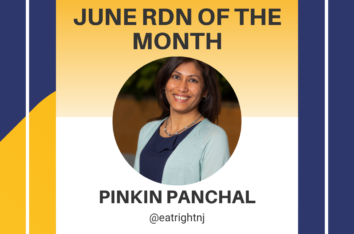By Valerie Ortiz, MS, RDN
Kwanzaa, annual holiday affirming African family and social values that is celebrated primarily in the United States from December 26 to January 1.Kwanzaa is a Swahili word that means “first” and signifies the first fruits of the harvest.
Each of the days of the celebration is dedicated to one of the seven principles of Kwanzaa: unity (umoja), self-determination (kujichagulia), collective responsibility (ujima), cooperative economics (ujamaa), purpose (nia), creativity (kuumba), and faith (imani). There also are seven symbols of the holiday: fruits, vegetables, and nuts; a straw mat; a candleholder; ears of corn (maize); gifts; a communal cup signifying unity; and seven candles in the African colors of red, green, and black, symbolizing the seven principles. On each day the family comes together to light one of the candles in the kinara, or candleholder, and to discuss the principle for the day. On December 31, families join in a community feast called the karamu. Some participants wear traditional African clothing during the celebration.
Both the name and the celebration were devised in 1966 by Maulana Karenga, a professor of Africana studies at California State University in Long Beach and an important figure in Afrocentrism.
Although Kwanzaa is primarily an African American holiday, it has also come to be celebrated outside the United States, particularly in Caribbean and other countries where there are large numbers of descendants of Africans. It was conceived as a nonpolitical and nonreligious holiday, and it is not considered to be a substitute for Christmas.
Try this Vegetable Couscous with Moroccan Pesto from the Food Network as a healthy, hearty Kwanza side.
- Kwanzaa. Britannica.com. Updated October 26, 2021. Accessed December 12, 2021. https://www.britannica.com/topic/Kwanzaa
- Vegetable Couscous with Moroccan Pesto. The Food Network. Accessed December 17, 2021. https://www.foodnetwork.com/recipes/food-network-kitchen/vegetable-couscous-with-moroccan-pesto-recipe-2103798.



